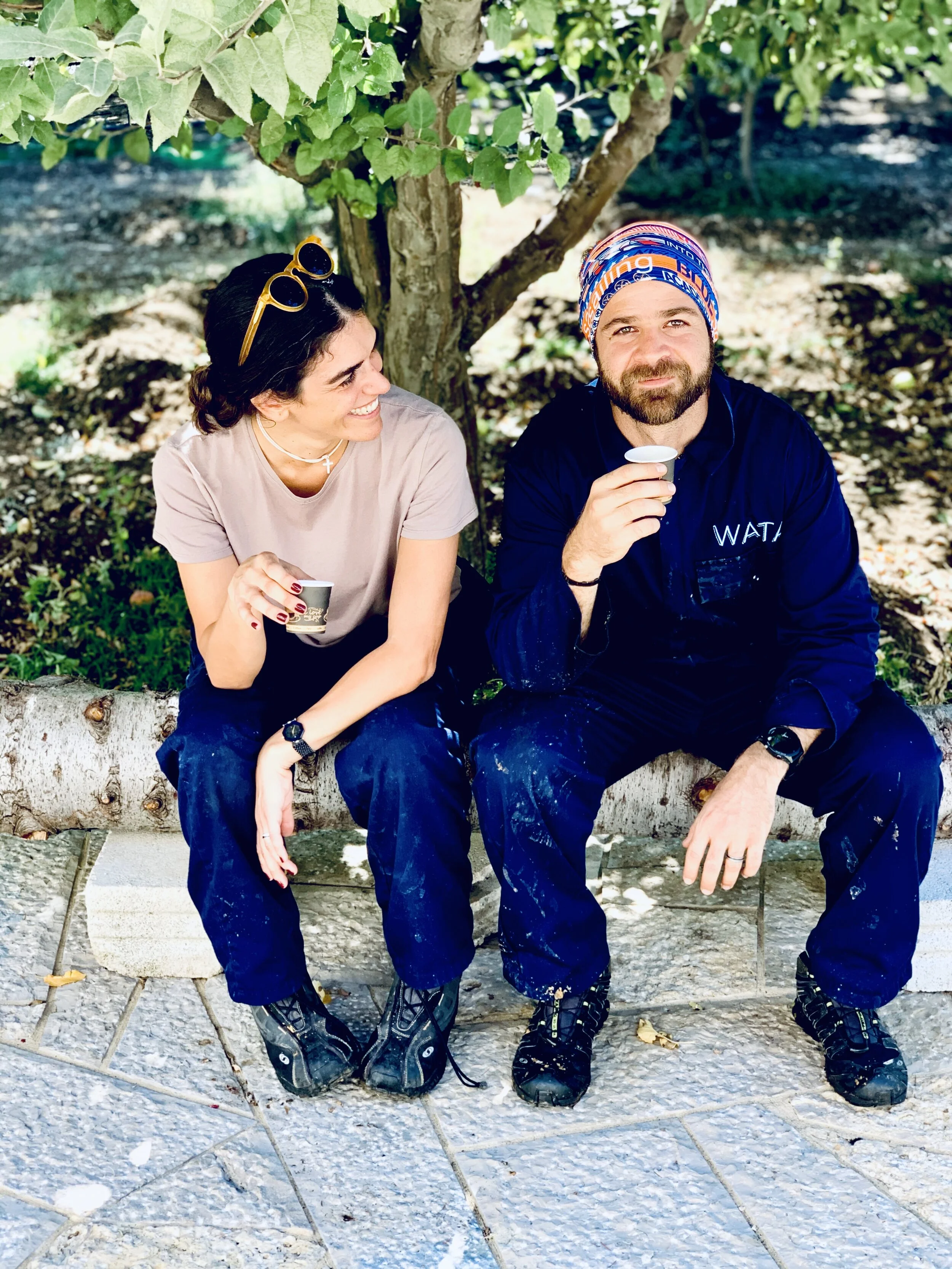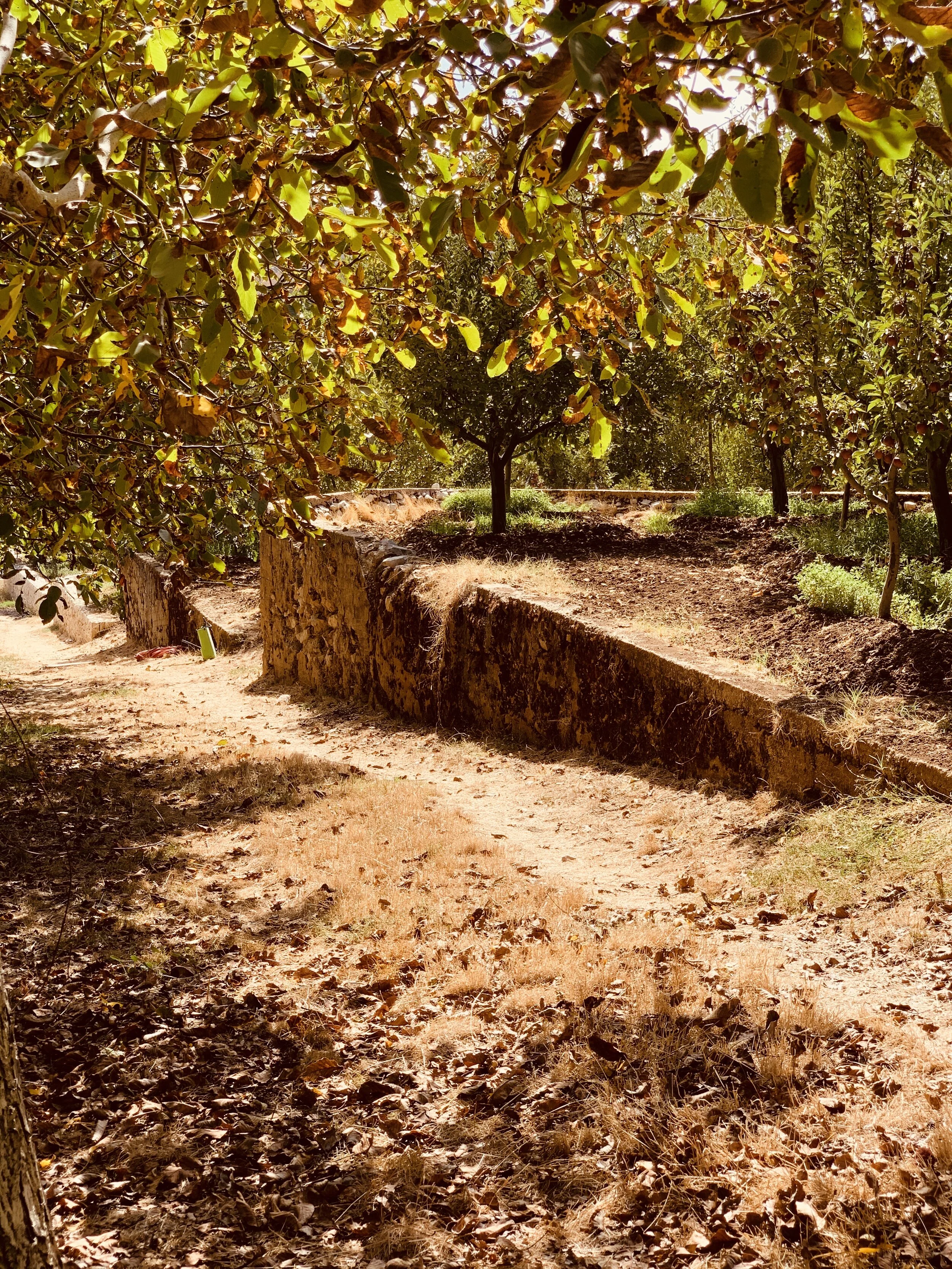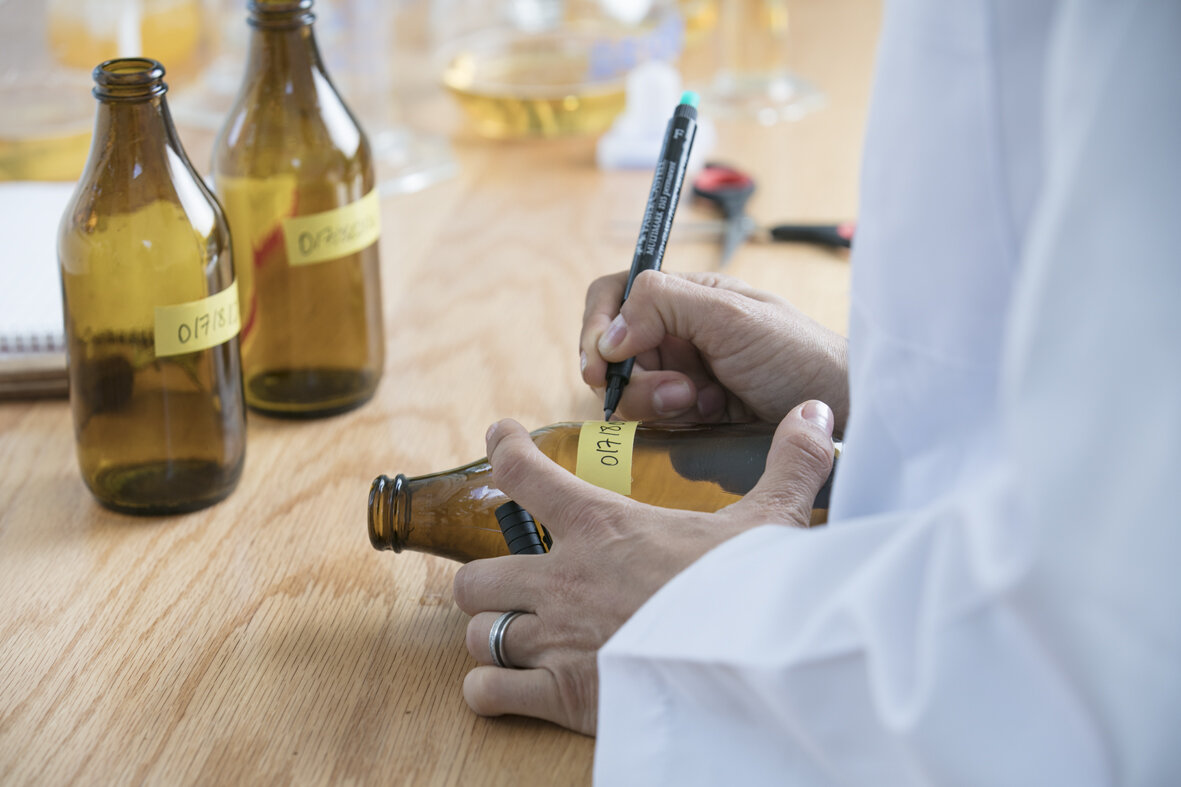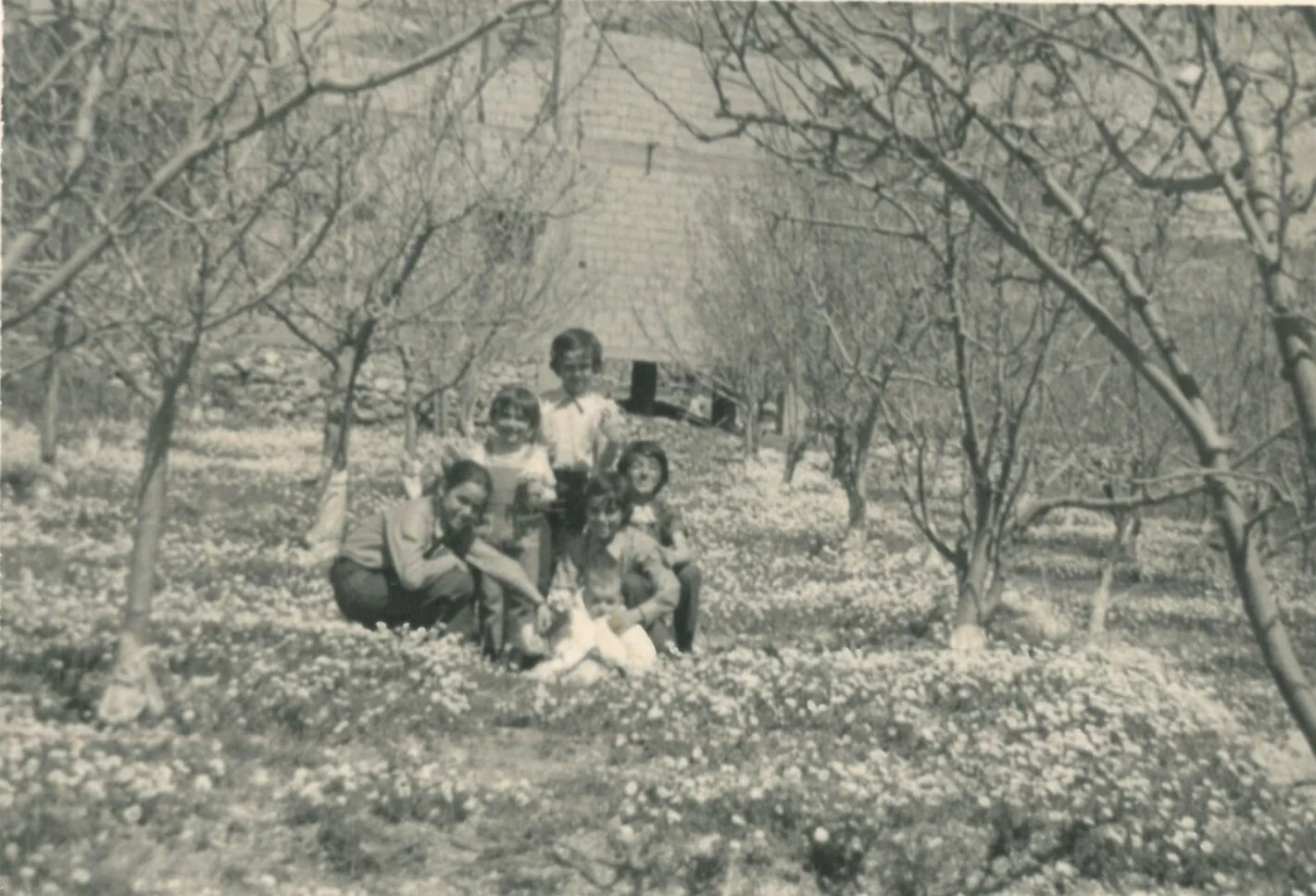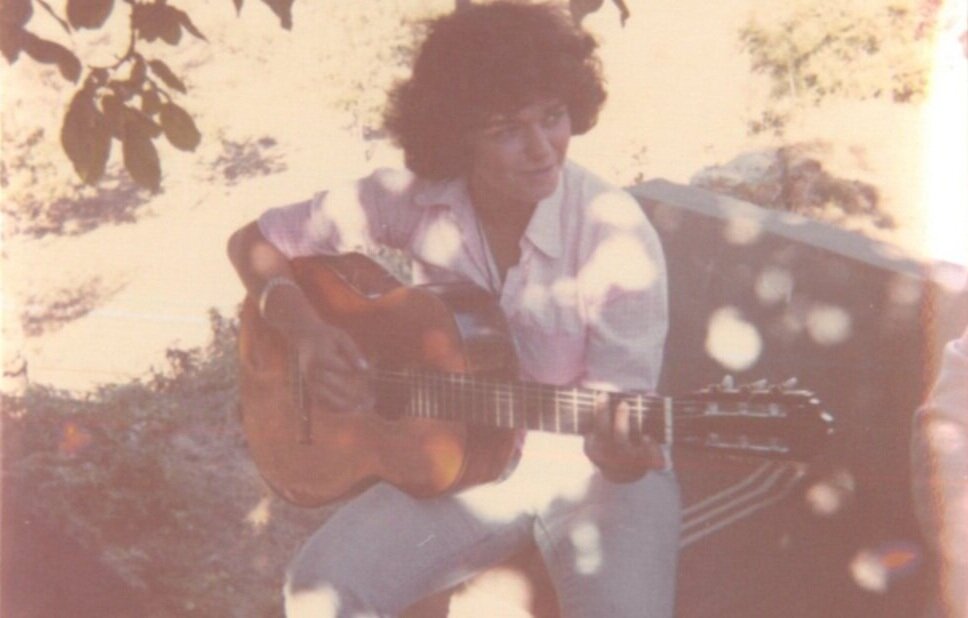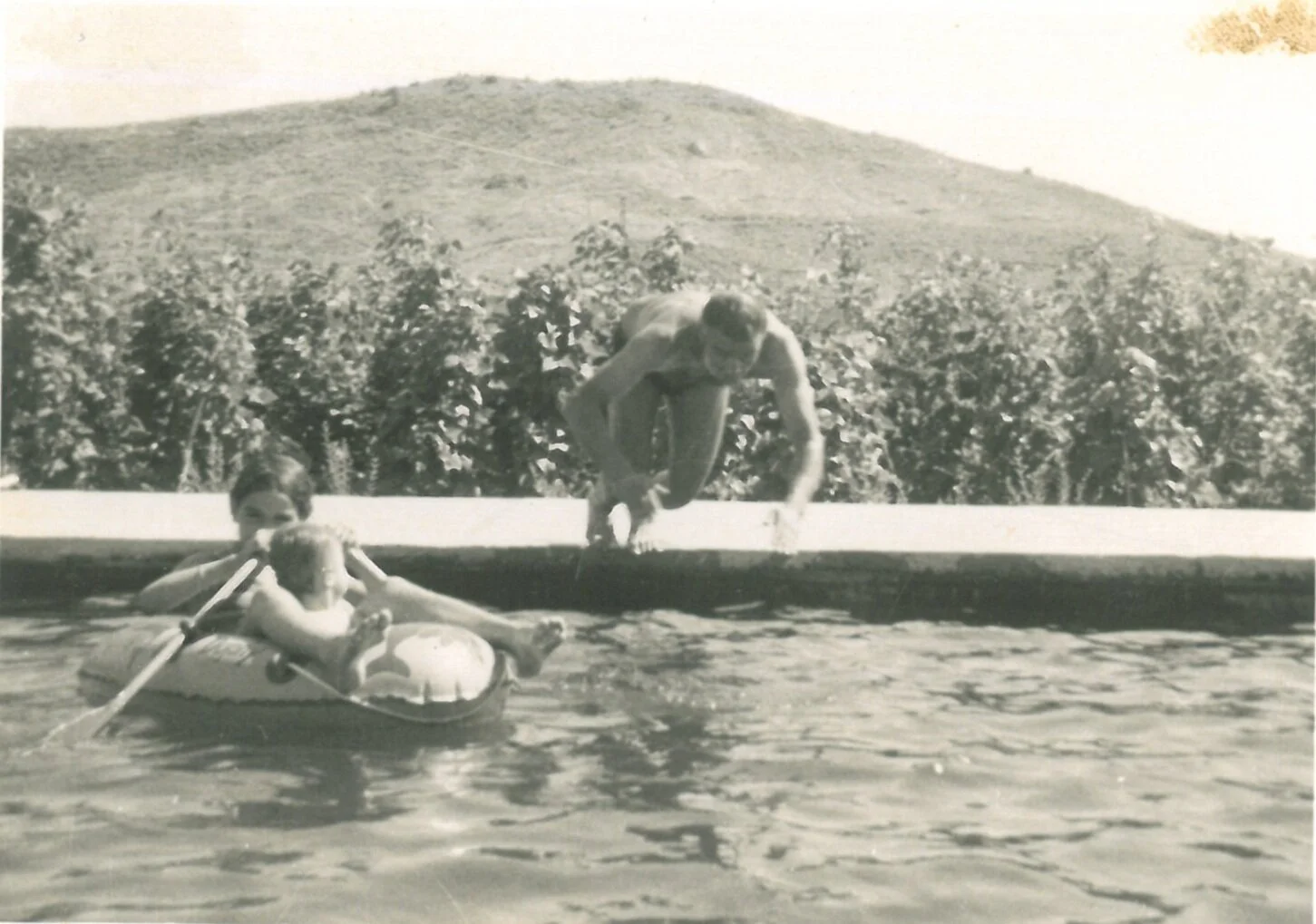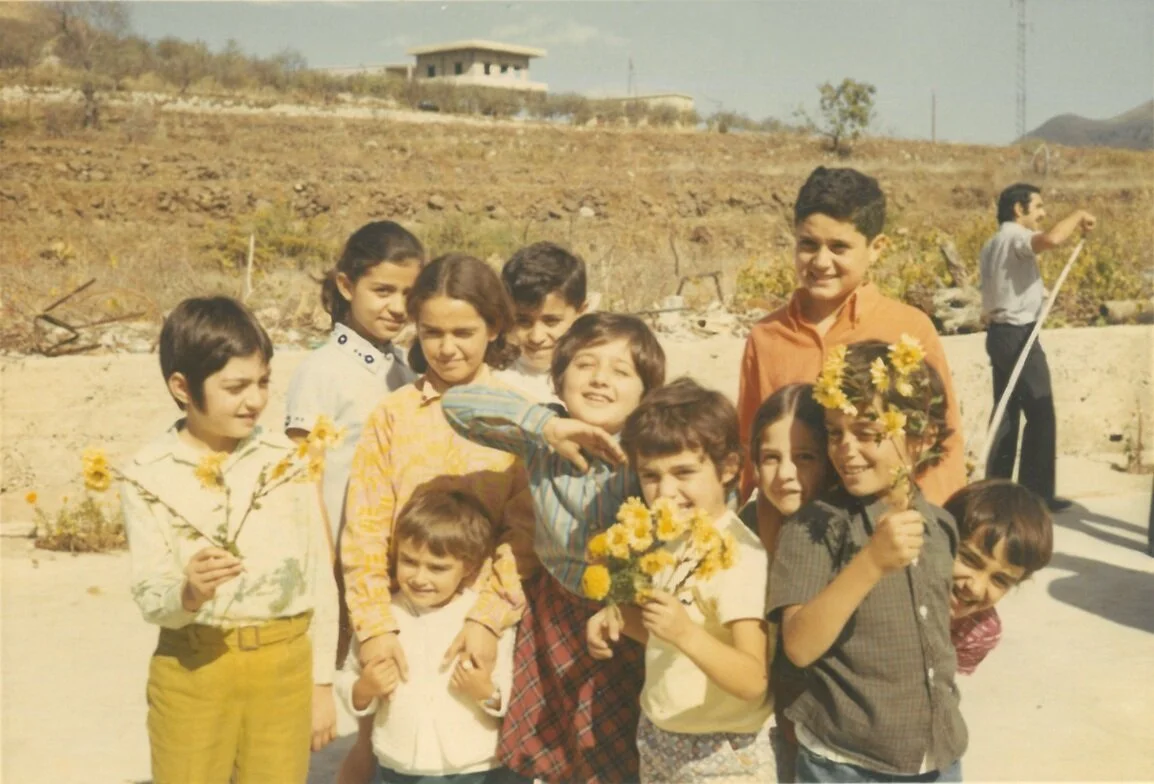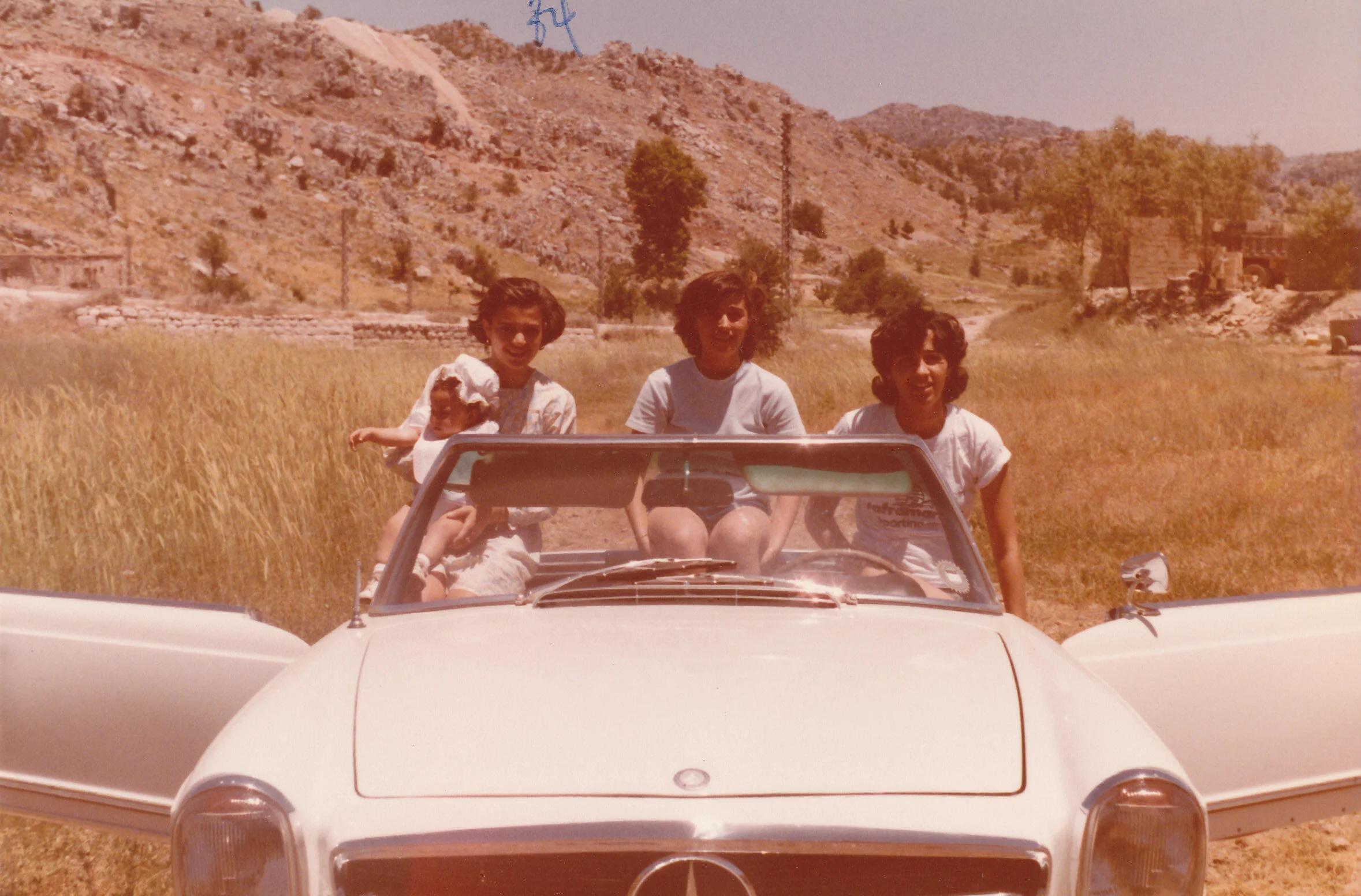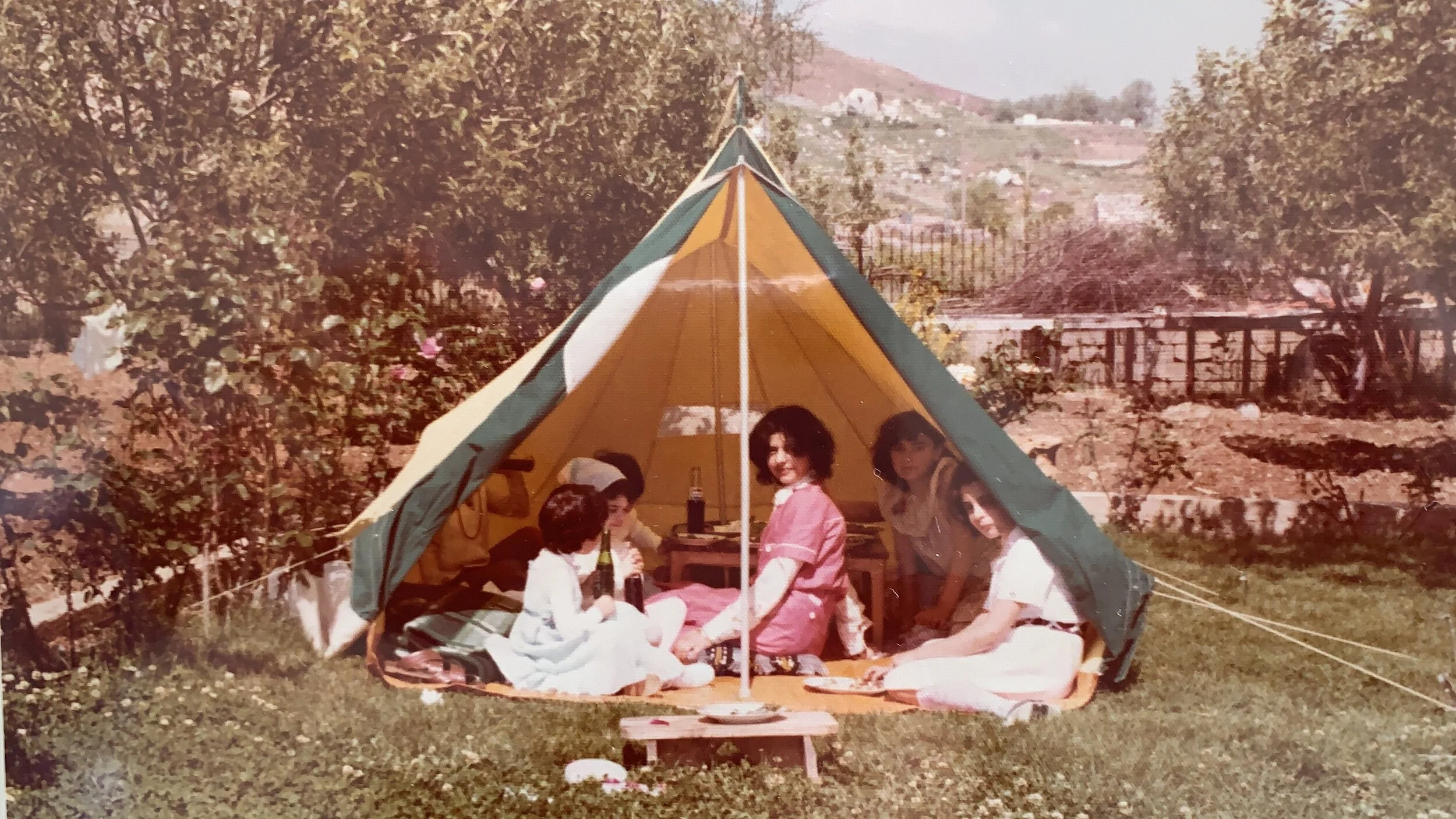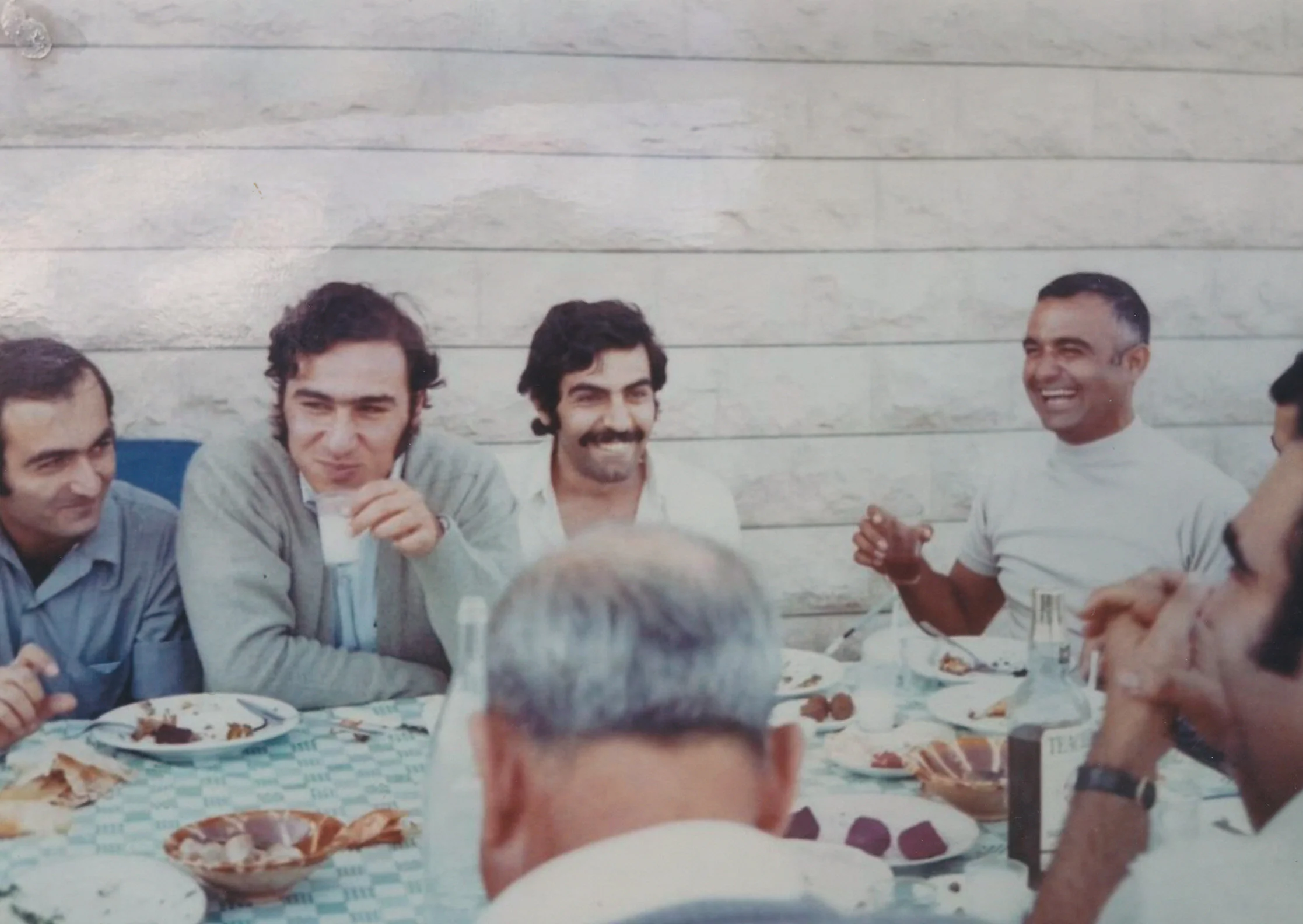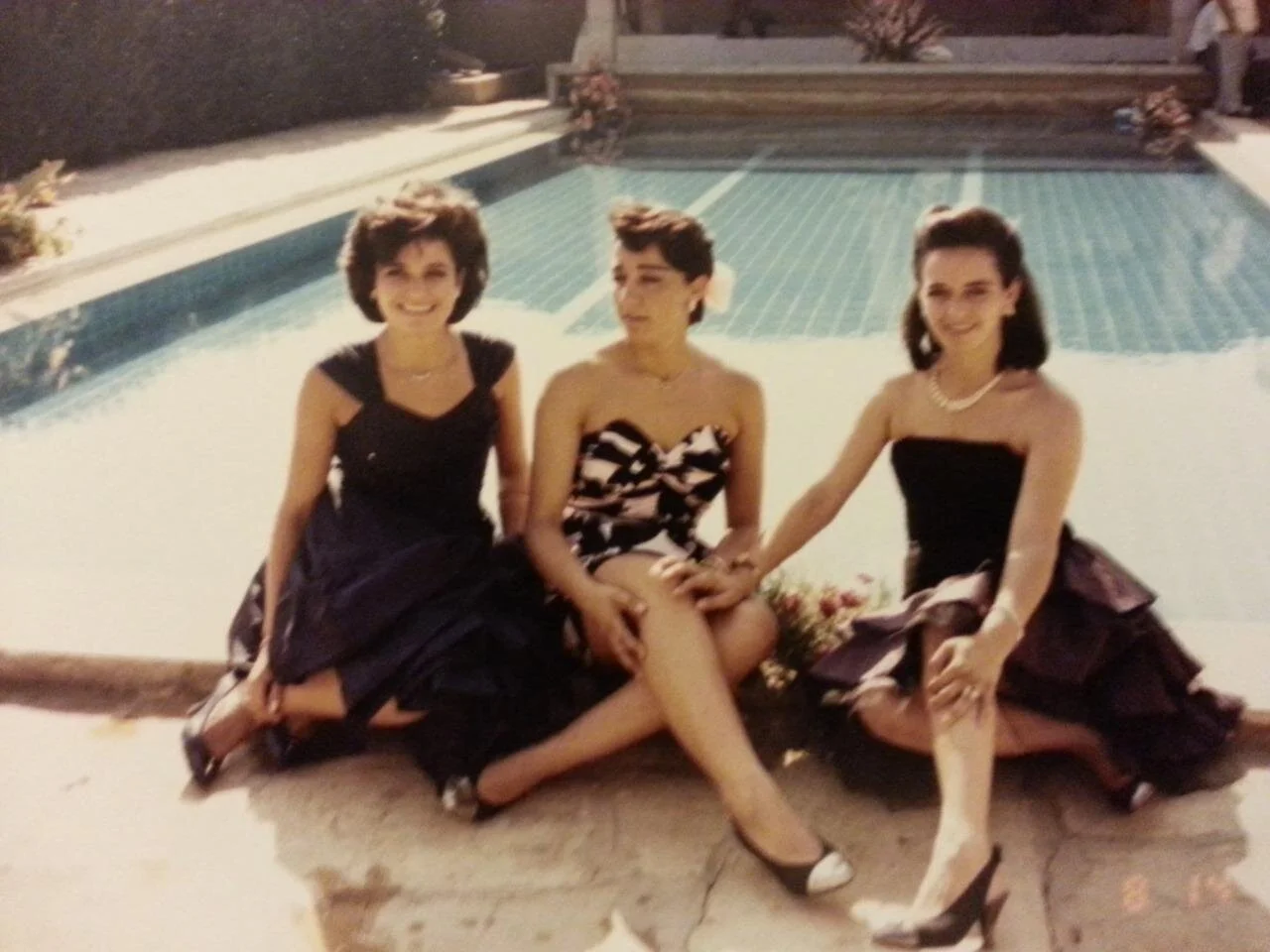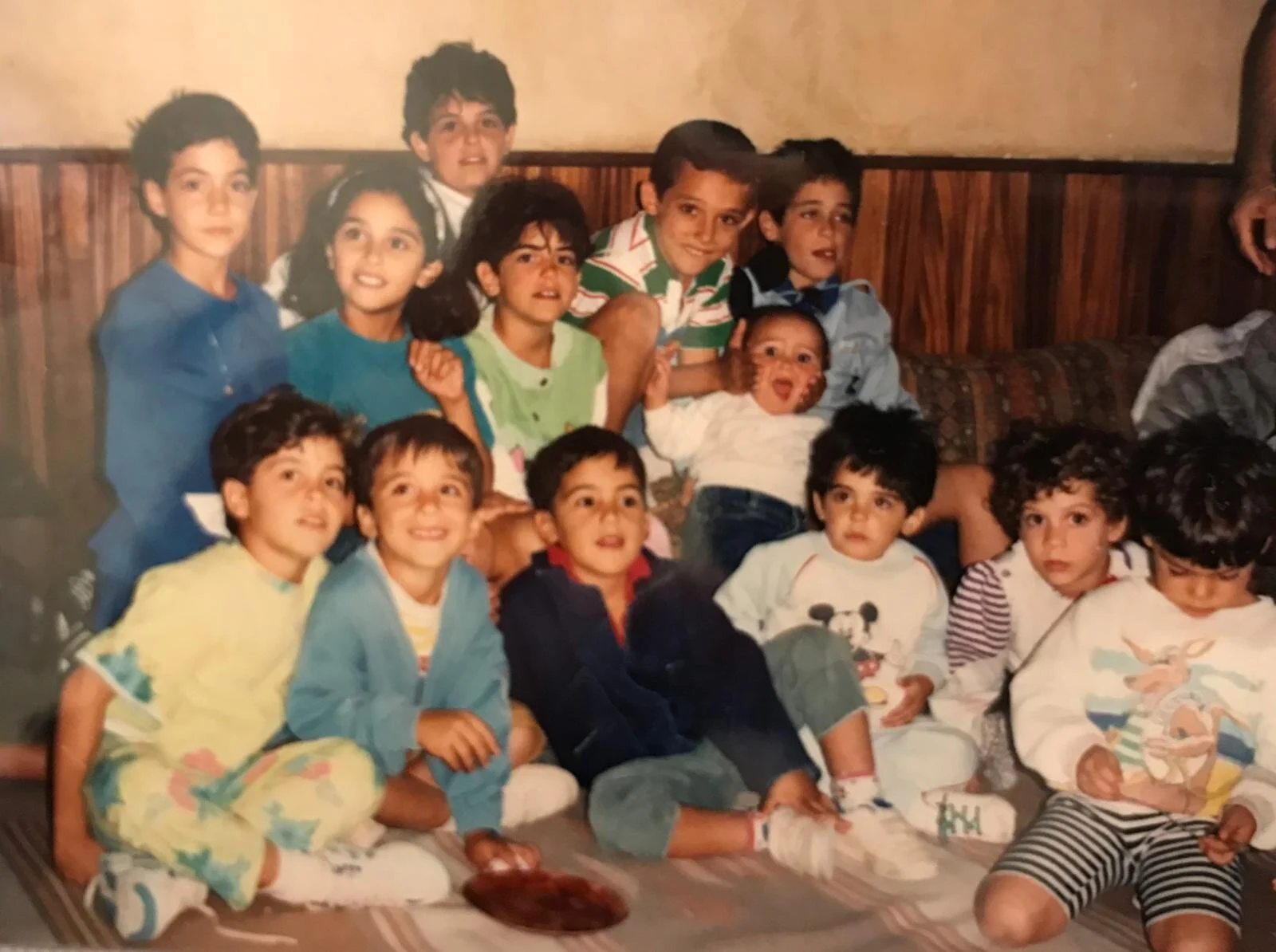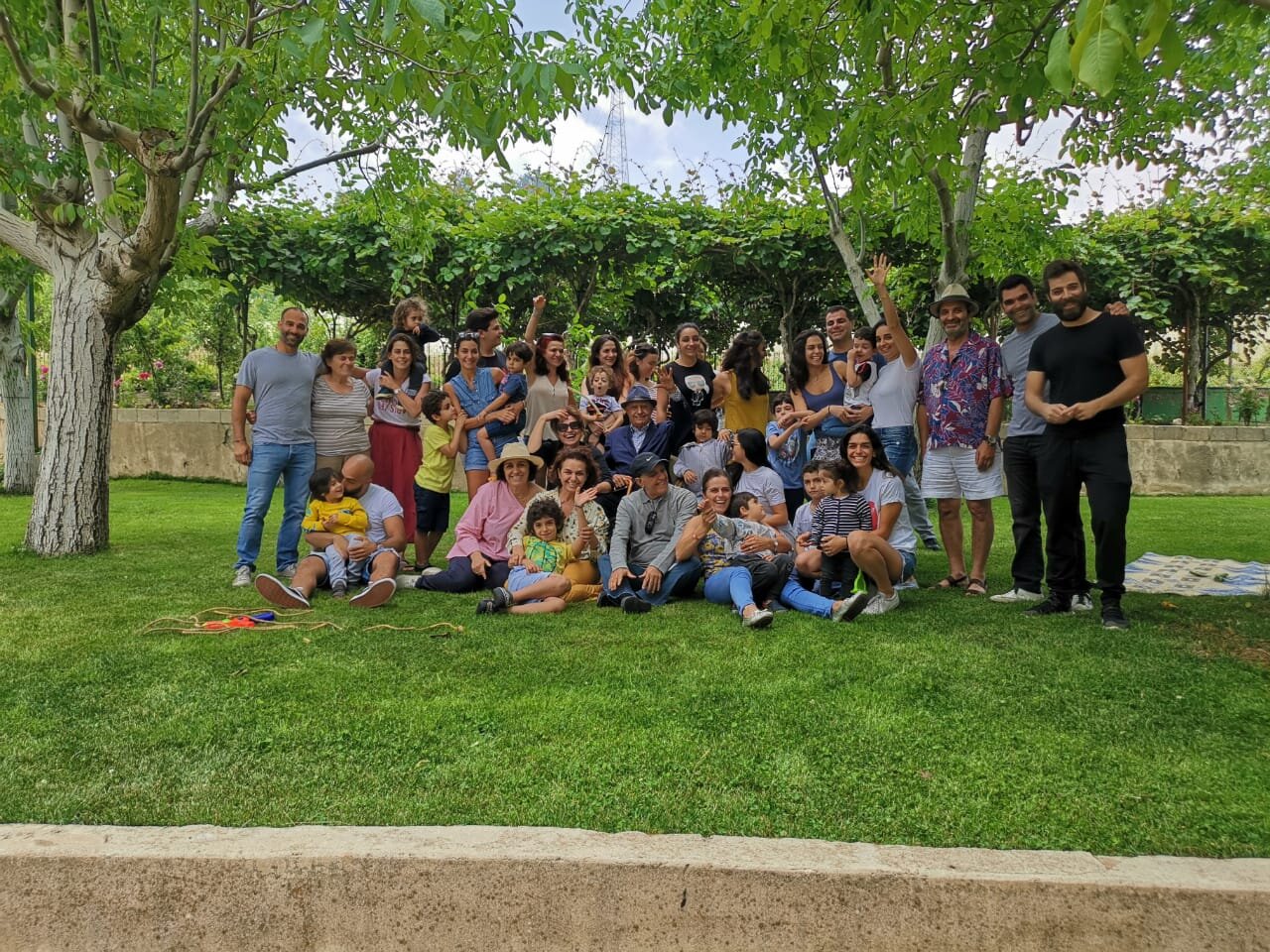
We knew we could achieve a top-shelf cider with our apples. After all, Wata is where all kinds of rules were broken.
Tradition and a way forward.
Every year, tons upon tons of quality apples go to waste due to over-production, from the North of Lebanon all the way to the Chouf region. Beside apple cider vinegar and homemade jam, the Lebanese kitchen did not do much to integrate the fruit into everyday commodities. With a wealth of apples at our feet, and a passion for agricultural sustainability, we had to find a solution to an apple crisis that was threatening to transform our ecosystem and endanger the livelihood of many. We always saw Wata as that summer home we would come back to visit. But today we return to this land to pay our respects for all that it has given us over the years. WATA has become a symbol for the ability to create an exceptional product solely from nature and to live by our own rules. We’ d like to think that some of the freedom our grandfather sought for us is in each and every bottle of WATA.

At the very core, our project advocates sustainable living from the land all the way to that cider bottle that gets thrown out of a bar at the end of a night.
Terroir and sustainability.
Ciders are as good as the apples they come from. The Wata orchard has been growing premium dessert apples since 1960 at an altitude of 1400m, in an ideal microclimate: bright autumn days, white winters, soft springs and warm summers, with 300 days of sunshine. These fruits are at the forefront of cider culture in Lebanon today. We adhere to sustainable farming practices in our orchards, to protect our environment and maintain the highest level of quality in our fruit. We are following an IPM program to ensure the lowest disruption to agri-ecosystems is maintained. Our micro-cidery’s semi-manual operation sits on a 20,000 square meter land with apple orchards.

Wata’s apples have helped formulate a cider culture in Lebanon.
Craftsmanship.
Once nature has done its job, it is time for our most important role and that is to create a complex, well crafted beverage. To expand our knowledge in cider-making, seeing as it was never expertise known to Lebanon, we set off on a journey to the UK, to Gloucertershire more specifically, and put our apples to the test. In order to produce a cider that can pair up with the ciders of the world, we implemented advanced scientific practices that would help us track how our apples and processes evolved, to develop a better vintage every year. What started off as a nerdy adventure in 2017, yielded 7,000 bottles of cider. Today we produce 30,000 bottles of cider in every harvest.

Wata El Jawz, where it all started: the love of nature, the long for communal gatherings, the smile at the sight of an apple, the taste of freedom.
4 Generations.
Our grandfather, Naoum Khalife, has always been a man of vision. In 1970, he and my grandmother Yvette, built one of the first houses in Wata El Jawz, surrounding it by apple orchards. He wanted to bring up his children in a place where nature was a bite away and they could run wild and free. While a civil war raged the country, and against the rising tide of a youth culture in search of an identity, our mom and her 5 siblings chose to get lost in Wata’s nature. They spent their days cycling down winding roads, hiking mountain trails and humming tunes of the Beatles, Fairouz and Moustaki. Friends joined for Sunday lunches. Their tents were set for weeks during the harvest season… Then came the 80s and we were born. Nothing gave us a charge more than hearing the words, ‘We’re going to Wata!’ roll off our parents’ beaming lips. Hearing these words meant a lot of things. It meant our grandparents’ embrace and spending days with friends and relatives we loved. It meant climbing trees, picking apples and chasing wood beatles and butterflies. Wata was synonymous with the stories that came along the way and with the unforgettable taste of those large, ripe apples in our tiny hands. The sweet, large apples seem a little smaller in our now grown hands, but we still marvel at the feeling of warm Wata earth beneath our feet, and the fiery Mediterranean sun above our heads. The fragrance of home-cooked meals still waft from our grandmother’s kitchen window, and the orchard, now a playground to our children, is yet to cease revealing hidden secrets and wonders.


